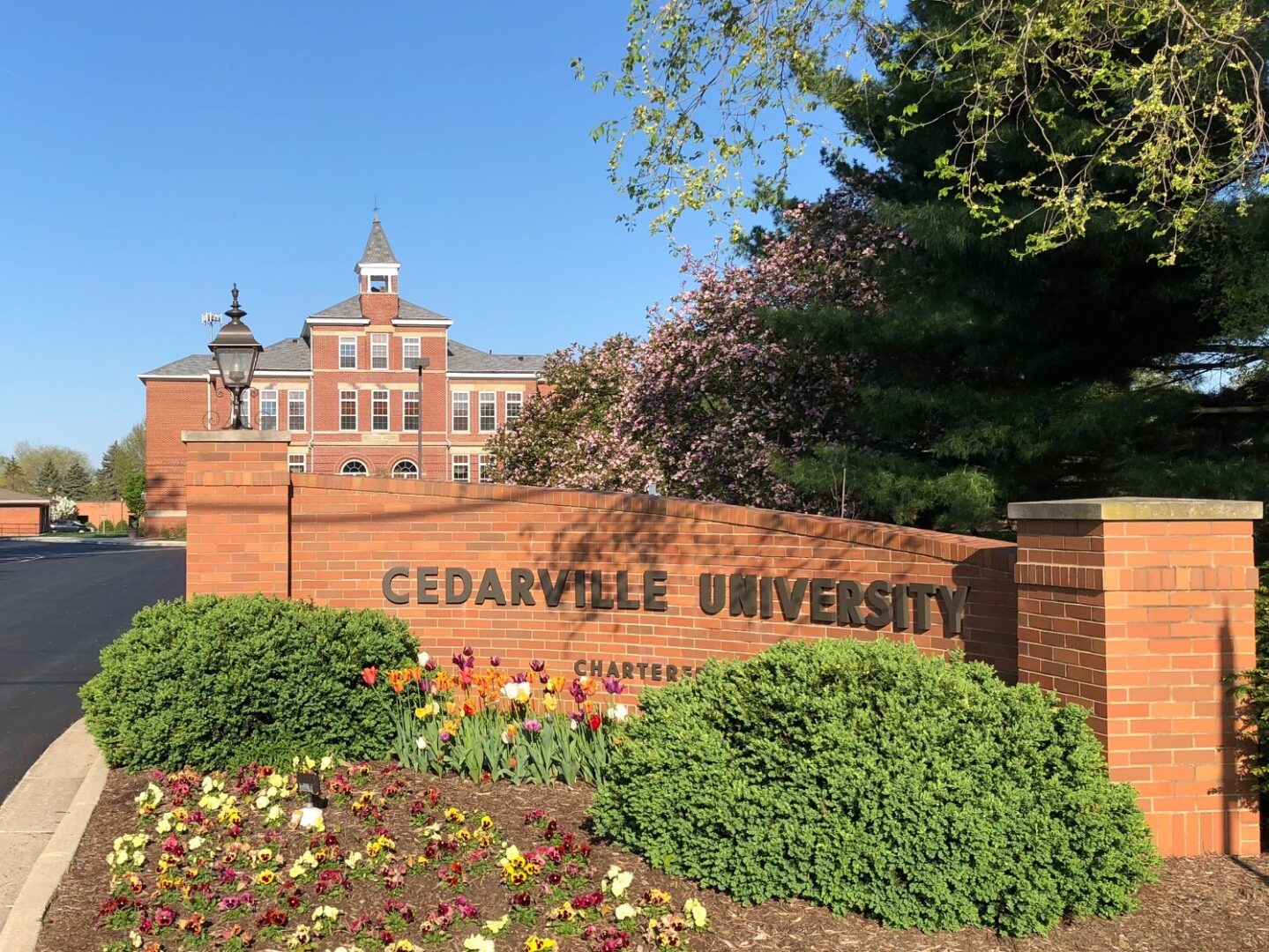
26 May Social Work Majors at Cedarville University Pass Licensure Exam
Class averages are often a helpful tool for professors to gauge how their students are learning. And for Cedarville University’s Department of Social Work, the class of 2020’s perfect 100% pass rate on the social work licensing exam has department faculty feeling confident.
Each year, the Association of Social Work Boards (ASWB) administers a comprehensive licensure exam to recent graduates of social work programs. The multiple choice exam covers policy, practice, research, ethics and human behavior, and all social work graduates must take and pass the exam to be qualified for practice.
 Cedarville’s 100% pass rate soars compared to the 62.1 % national average.
Cedarville’s 100% pass rate soars compared to the 62.1 % national average.
“Our students have performed very well in previous years, and I think much of that success is due to the culture of our department,” said Dr. Michael Sherr, department chair and professor of social work. “We don’t cut corners. We’re on the smaller side with four faculty members and around 90 students, but that allows us to know everyone well and provide lots of individual attention.”
While Cedarville’s social work program does not enroll students in a specific licensure exam preparation course, its emphasis on early and ample field experiences allows them to combine theory and practice to develop deeper levels of understanding.
During their freshman year social work students take Field Survey, a class where they meet every other week at an agency to observe professionals. Additionally, they participate in a one-credit-hour total immersion experience during their first spring break or summer where they shadow a social worker for a week and then write a reflection paper on the experience.
“I think our program is also unique in that students do field placements in their junior and senior years,” Sherr added. “Most programs only have seniors in the field, but having our students spend 150 hours in the field during their junior year, their major course work really comes alive and theory becomes practice.”
Examples of field experiences include working with adoption agencies, hospitals, homeless shelters, political bodies, churches, mental health agencies, substance abuse centers and also with refugees, the homeless and victims of human trafficking.
In addition to its emphasis on field experience, Sherr also believes that Cedarville’s attentiveness to faith makes its social work program strong and distinctive.
“Our program is so focused on biblical integration, yet in a way that we still cover everything students need to be successful by the world’s measure,” Sherr explained. “We train students to become servants of common grace — to share the gospel through word and action — and so they have this sense that they’re preparing for more than just a career. They’re getting ready to go out and help a hurting world. We want people to taste and see that the gospel is real through tangible expressions of love.”
As for their recent exam success, Sherr is grateful for the opportunity to continue equipping students for a field with great need.
“One of my college professors always said that in social work, we live out that the harvest is plentiful, but the workers are few,” Sherr shared. “It’s encouraging to know that the work we put into our students is producing good work.”






